We're also in the middle of a rewatch of Fantastic Mr. Fox (thanks, Barnes and Noble, for this month's Criterion sale!), and I too wonder if something about the remove from the artifice inherent to his live-action style allows the animation to feel freer and more lived-in. It's also something likely to do with Clooney and Streep as vocal leads, which keeps the majority of Anderson regulars as secondary characters rather than central. That quality lets it feel different, I think.




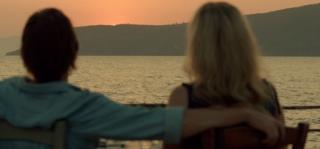

 Reply With Quote
Reply With Quote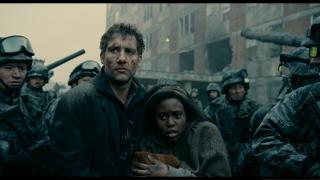
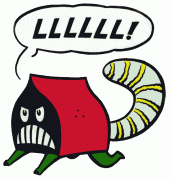



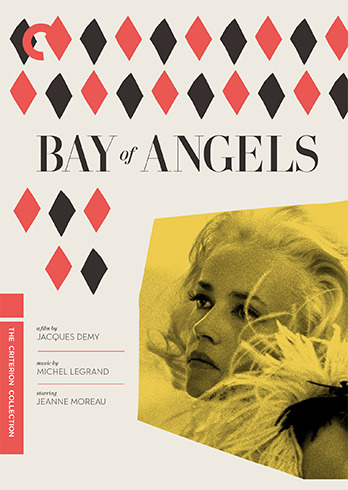






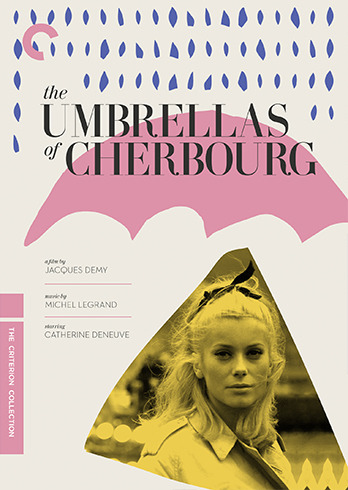


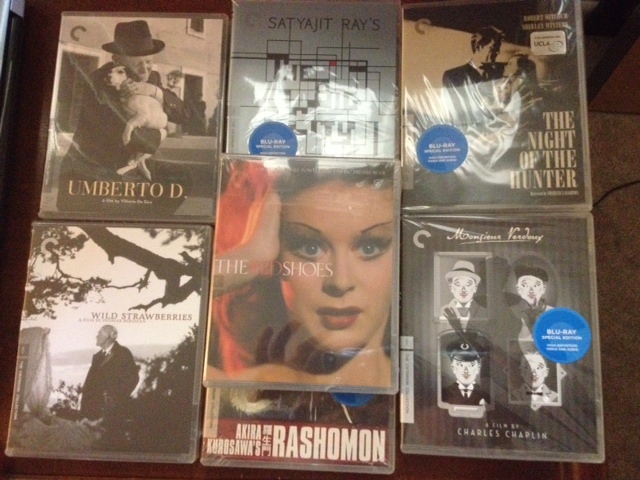
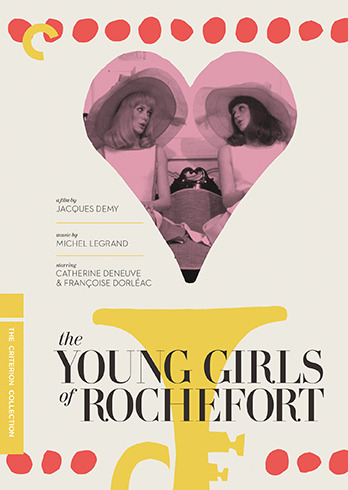


 forum
forum